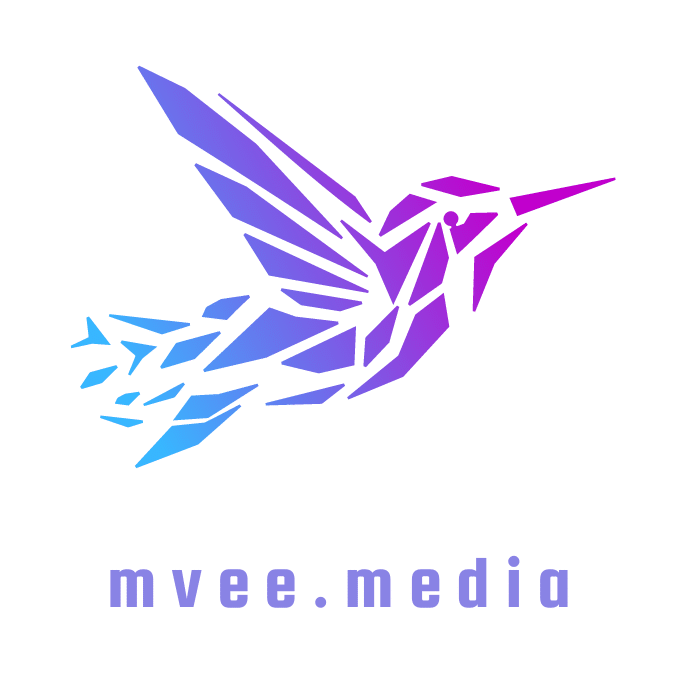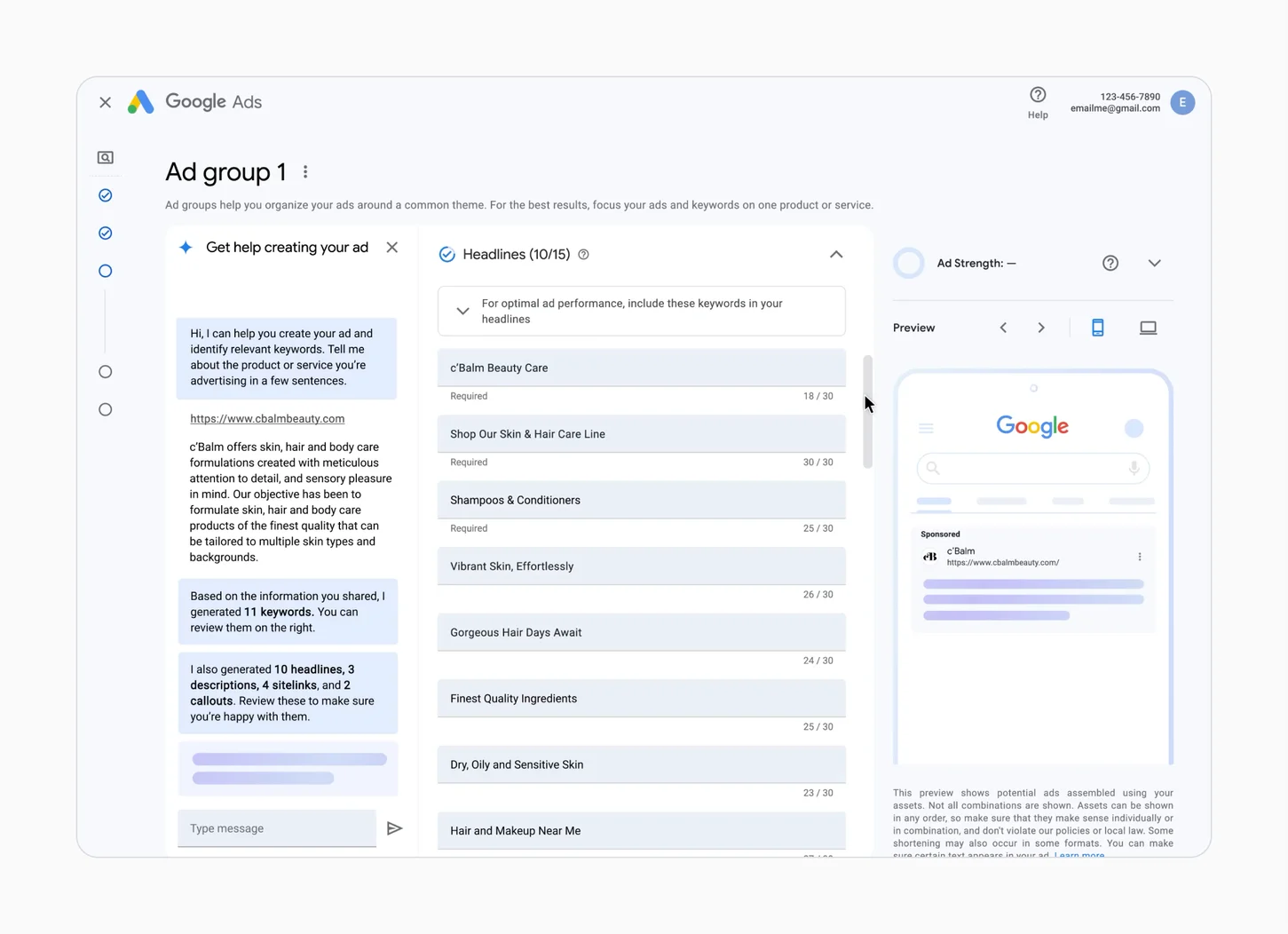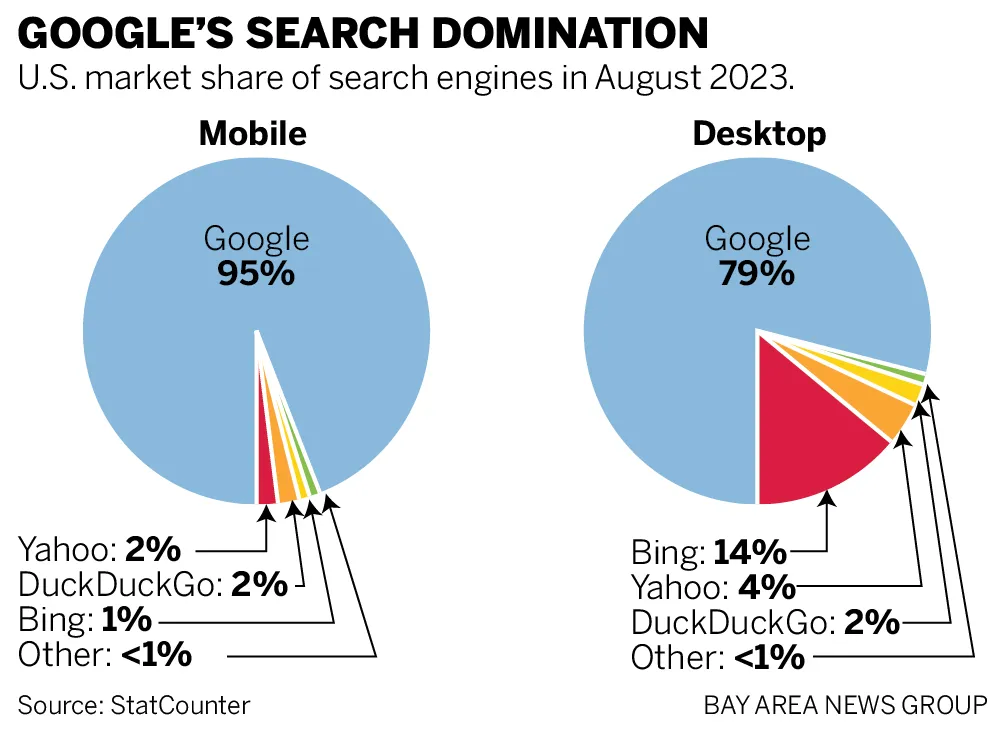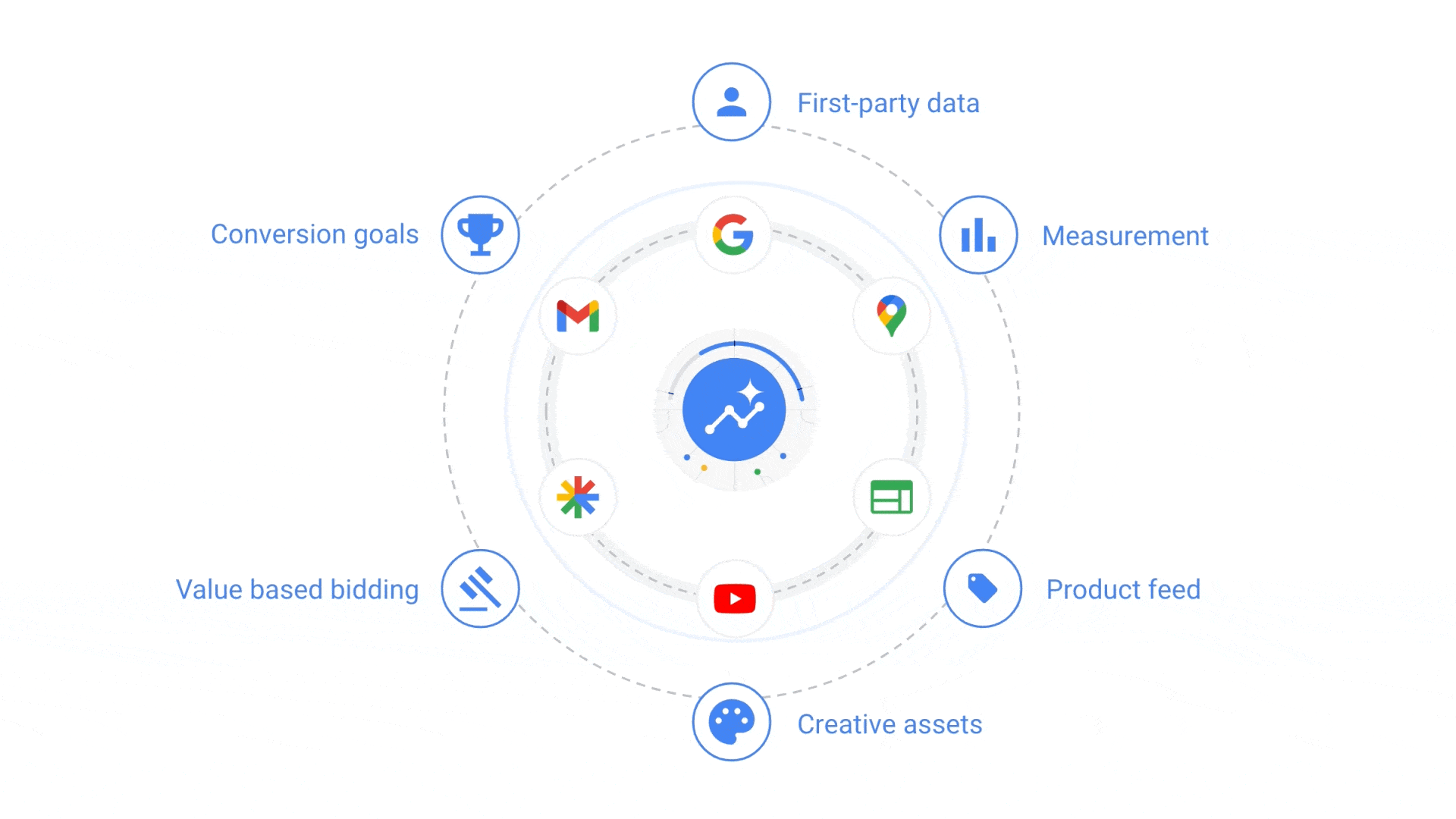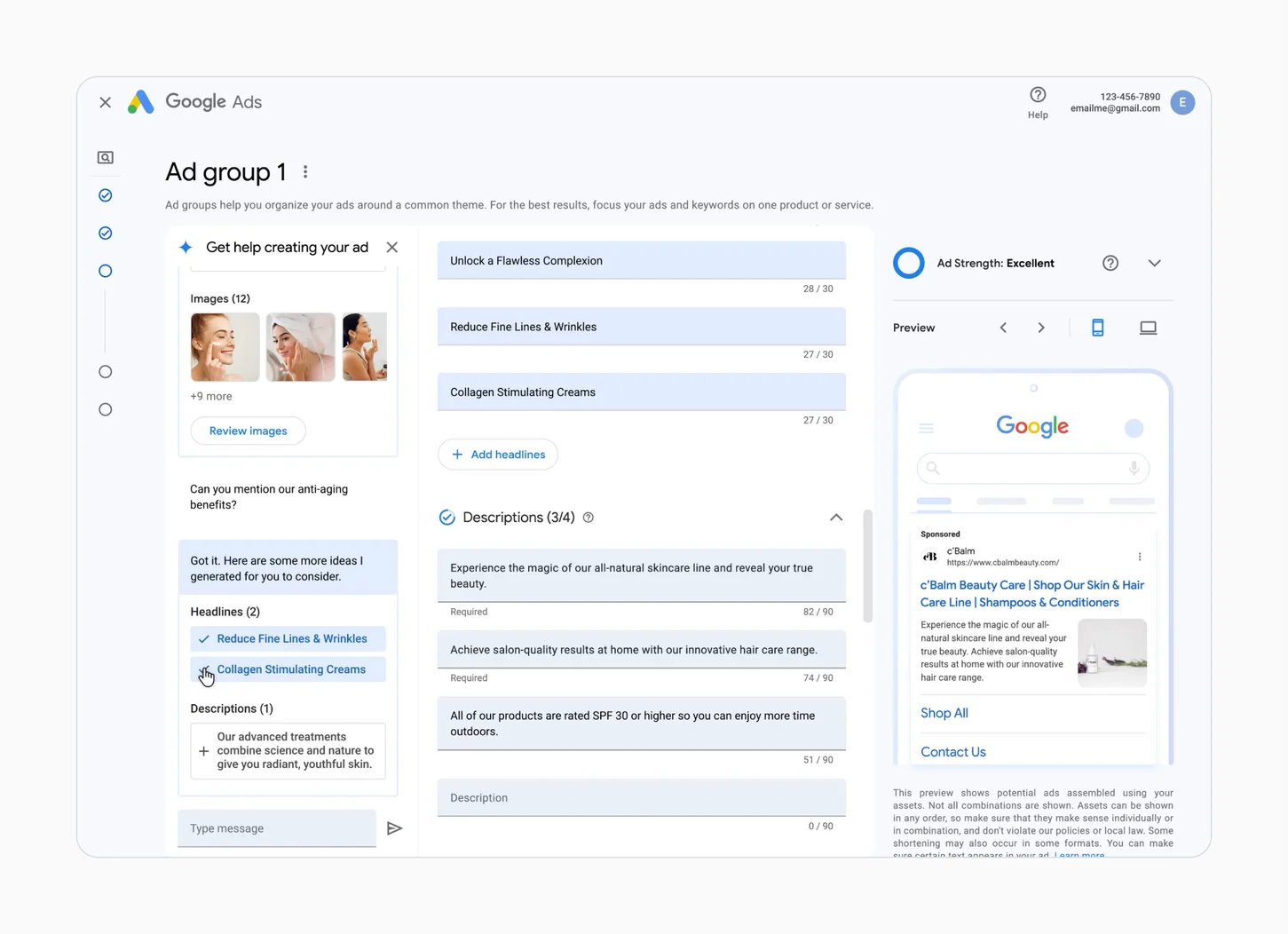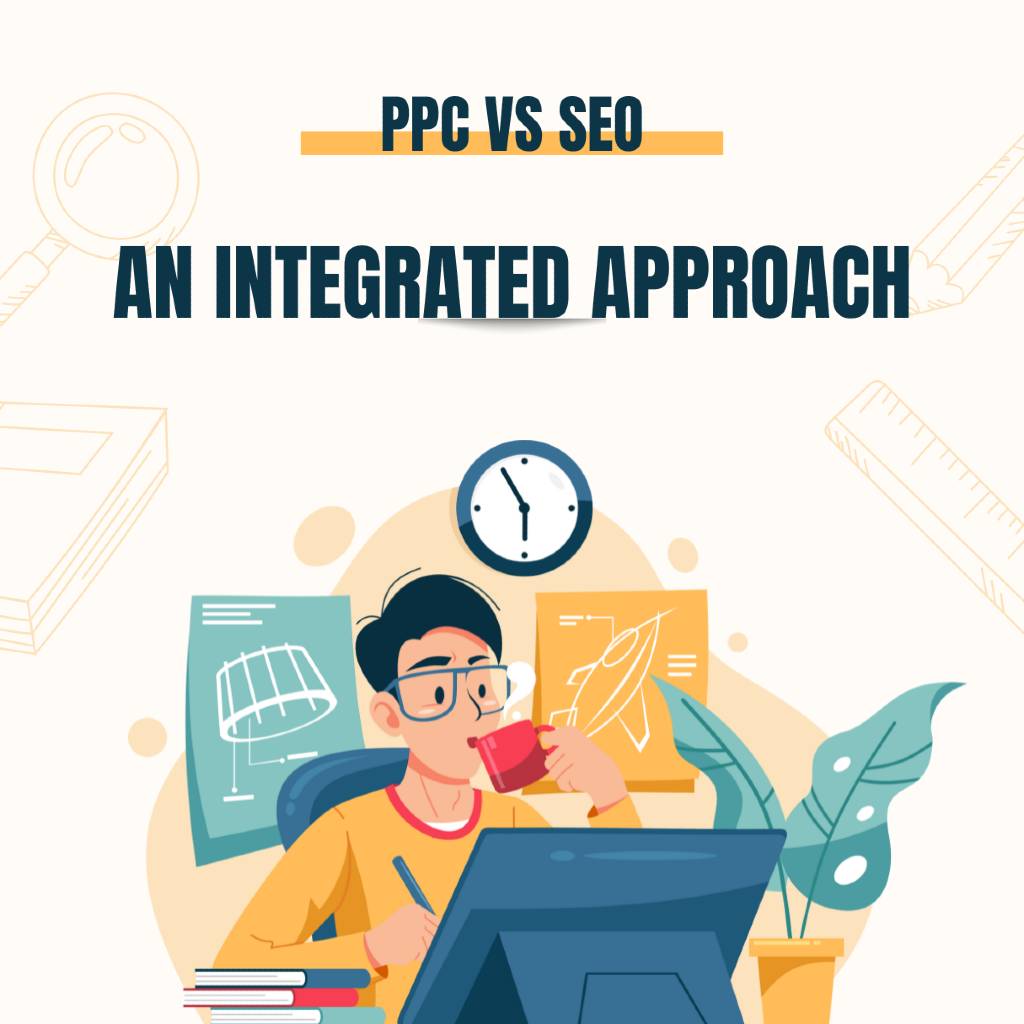Understanding the Power of Internal Linking
Internal linking is a crucial aspect of search engine optimization (SEO) that involves strategically linking different pages within a website through hyperlinks. This practice not only enhances the user experience by facilitating seamless navigation but also plays a significant role in improving a website’s visibility and ranking in search engine results pages (SERPs).
When implemented effectively, internal linking creates a web of interconnected pages, enabling both users and search engine crawlers to explore and discover relevant content efficiently. By guiding users to related information and providing additional resources, internal links increase the time visitors spend on your site, reducing bounce rates and signaling to search engines that your content is valuable and engaging.
Moreover, internal links act as pathways for search engine bots to crawl and index web pages, ensuring that all your valuable content is made available to users in search results. A well-structured internal link system allows search engines to understand the architecture and hierarchy of your website, making it easier to identify and rank the most important pages for relevant queries.
One of the key benefits of internal linking is the ability to distribute PageRank across your site. PageRank is an algorithm used by Google to determine the importance and authority of web pages based on the quantity and quality of incoming links. By strategically linking from high-ranking pages to other relevant pages, you can effectively distribute link equity and boost the visibility and ranking of important content that may not receive as much external backlinking.
Furthermore, internal links provide valuable context through anchor texts, which are the clickable texts within hyperlinks. When you use relevant and descriptive anchor texts in your internal links, it helps search engines understand the context and topic of the linked page’s content. This added relevance contributes to better rankings and helps users comprehend the information they will find on the linked page, enhancing their overall browsing experience.
The Four Types of Internal Links and Their Significance
Internal links can be categorized into four main types, each serving a distinct purpose within your website’s structure and contributing to the overall user experience and search engine optimization efforts.
Navigation Menu Links
Navigation menu links, typically found at the top of a website, are the most critical type of internal links. They act as the primary guide for visitors, providing direct access to your site’s most important pages and sections. A well-designed navigation menu should present a clear hierarchy and structure of your website’s content, making it easy for users to locate the information they need.
From an SEO perspective, navigation menu links play a crucial role in distributing link equity and PageRank across your site. By linking to your most valuable pages from the main menu, you signal their importance to search engines and facilitate efficient crawling and indexing. Additionally, descriptive and keyword-rich anchor texts in navigation menu links can provide valuable context to search engines about the content of the linked pages.
Footer Links
Footer links, located at the bottom of a webpage, offer additional navigation options and internal linking opportunities. While they are considered less critical than navigation menu links, footer links can still contribute to user experience and SEO by providing alternative pathways to relevant content.
These links often serve as a secondary navigation system, offering quick access to important pages, site maps, or legal information. From an SEO perspective, footer links can help distribute link equity and PageRank to deeper pages within your website, ensuring that all valuable content is easily accessible to both users and search engine crawlers.
Sidebar Links
Sidebar links are typically placed on the side of web pages and can serve multiple purposes. They can provide supplementary navigation options, quick access to specific sections or categories, or even highlight popular or related content.
While not as prominent as navigation menu links, sidebar links can still play a valuable role in guiding users to related content and improving overall user experience. From an SEO standpoint, sidebar links can contribute to internal linking structure and help search engines discover and index additional pages within your site.
Text Links within Page Content Text links within page content are arguably the most important type of internal links from both a user experience and SEO perspective. These links are contextual and provide relevant resources or additional information directly within the body of the text.
When strategically placed, text links within page content can enhance the overall reading experience by offering users the opportunity to explore related topics or dive deeper into specific subjects. This encourages visitors to engage with your content further, increasing their time on site and reducing bounce rates – both positive signals for search engines.
From an SEO standpoint, text links within page content play a crucial role in several ways:
- Relevance and Context: By using descriptive and relevant anchor texts, you provide valuable context to search engines about the content of the linked pages. This helps search engines better understand the relationship between the pages and associate them with specific topics or keywords.
- Keyword Optimization: Strategically incorporating relevant keywords into the anchor texts of your internal links can reinforce the topical relevance of the linked pages. However, it’s important to maintain a natural and user-friendly flow, avoiding keyword stuffing or unnaturally forced anchor texts.
- Link Equity Distribution: Internal text links distribute link equity and PageRank from the current page to the linked pages. This can be particularly beneficial for boosting the visibility and ranking of important pages that may not receive as much external backlinking.
- Content Discovery: By linking to related content within your page text, you make it easier for users and search engines to discover additional valuable information on your website, increasing the overall visibility and discoverability of your content.
When implementing text links within page content, it’s crucial to strike a balance between providing enough relevant links to enhance the user experience and avoid overwhelming or distracting readers with too many links. Additionally, ensure that the anchor texts accurately represent the content of the linked pages to maintain a seamless and trustworthy user experience.
Best Practices for Effective Internal Linking
To maximize the impact of internal linking on your website’s SEO and user experience, it’s essential to follow best practices and implement a strategic approach. Here are some key considerations:
Using Keyword-Rich Anchor Texts
When creating internal links, use anchor texts that contain relevant keywords related to the content of the linked page. This helps search engines understand the context and topic of the linked content, associating it with specific keywords and queries.
However, it’s crucial to maintain a natural and user-friendly flow within your content. Avoid keyword stuffing or using anchor texts that seem forced or unnatural. The anchor text should accurately represent the content of the linked page and provide a seamless reading experience.
Linking Blog Posts to Service/Product Pages
While linking between blog posts and other informational content can be beneficial, it’s also important to strategically link your blog posts to your service or product pages. This approach serves two key purposes:
- Conversion Funnel: By linking from informational blog content to more sales-focused pages, you guide users through the conversion funnel, increasing the likelihood of them engaging with your products or services.
- Link Equity Distribution: Service and product pages often hold significant importance and authority within your website. By linking to these pages from your blog content, you distribute valuable link equity, potentially boosting their visibility and rankings in search results.
Employing Relevant Anchor Texts
When creating internal links, ensure that the anchor texts you use are descriptive and provide a clear idea of what users can expect when they click on the link. Use popular and relevant anchor texts that accurately represent the linked content.
For example, if you’re linking to a page about “SEO best practices,” using an anchor text like “learn more about SEO” or “SEO strategies” would be more relevant and helpful than a generic anchor text like “click here.”
Ensuring Main Menu Accessibility
Make sure your website’s most important pages can be easily accessed through the main navigation menu. This ensures that users can navigate directly to crucial sections of your website, reducing the risk of them leaving your site due to a lack of clear navigation paths.
Additionally, having your most valuable pages linked prominently in the main menu distributes significant link equity and PageRank, signaling their importance to search engines
Fixing Broken Links
Regularly auditing your website for broken internal links and fixing them promptly is essential for maintaining a positive user experience and ensuring effective SEO. Broken links not only disrupt the user’s browsing experience but also negatively impact your site’s crawlability and indexing by search engines.
Utilize online tools or plugins specifically designed for broken link detection to identify and resolve any issues efficiently. Some popular options include the Screaming Frog SEO Spider tool, the Check My Links browser extension, and various SEO plugins like Yoast SEO or Rank Math, which often include broken link checking functionality.
By regularly monitoring and addressing broken internal links, you ensure that both users and search engine crawlers can navigate through your site seamlessly, improving overall user experience and ensuring that your valuable content remains accessible and properly indexed.
Internal Linking and Its Relationship with External Backlinks
While internal linking is a crucial aspect of on-site optimization, it’s important to recognize its relationship with external backlinks and their collective impact on your website’s SEO performance.
External backlinks are incoming links from other websites pointing to your pages. These links act as endorsements, signaling to search engines that your content is valuable and authoritative. The quantity and quality of external backlinks are among the most influential ranking factors for search engines like Google.
Internal linking and external backlinks work in tandem to improve your website’s visibility and search engine rankings. By creating a well-structured internal link architecture, you make it easier for search engine crawlers to discover and index your content, while external backlinks from reputable sources boost your site’s authority and credibility.
However, it’s essential to strike a balance between internal linking and acquiring high-quality external backlinks. While a robust internal linking strategy is crucial for on-site optimization, neglecting external link building efforts can limit your website’s ability to rank competitively for highly competitive keywords or industries.
Ultimately, a well-rounded SEO strategy should prioritize both internal linking and external backlink acquisition. By combining these efforts, you create a strong foundation for search engines to understand the relevance, authority, and overall value of your website’s content, leading to improved visibility and higher rankings in search results.
Get in touch today for a completely free SEO audit.
